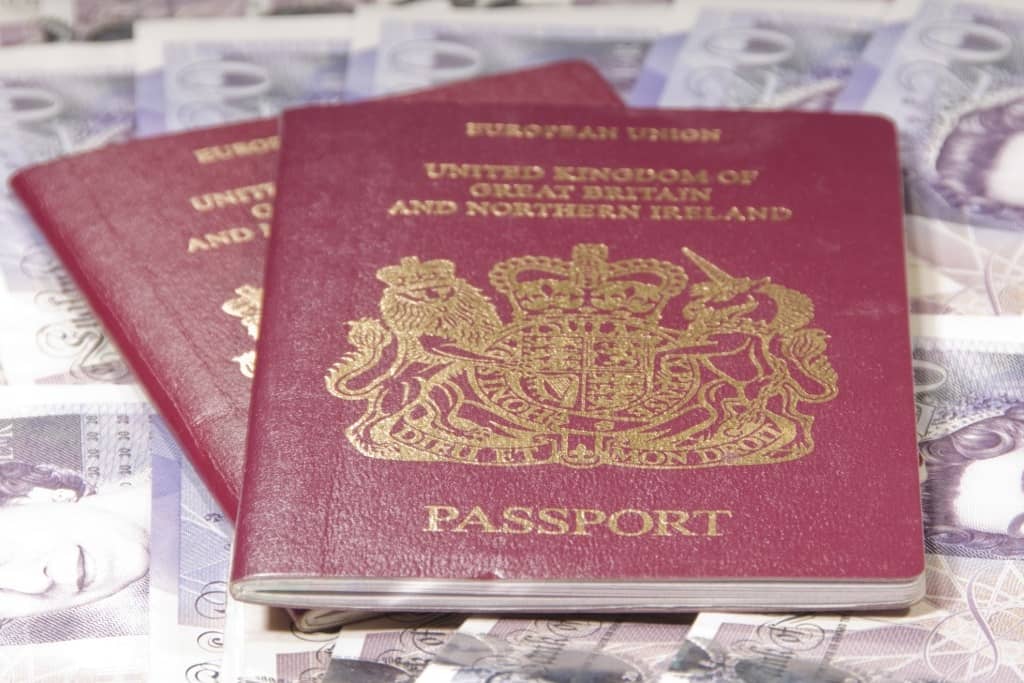
The United Kingdom had left the European Union, which means that the free movement of EU citizens between the UK and the Netherlands was no longer applicable. As such, if you are a Dutch citizen looking to migrate from the Netherlands to the UK, you will need to follow the UK’s immigration rules and requirements for non-UK citizens.
The specific steps and requirements for migrating from the Netherlands to the UK may vary depending on your circumstances and the purpose of your migration (e.g., work, study, family reunion). Here is a general outline of the process:
Determine your visa category: Identify the most suitable visa category that aligns with your purpose of migration to the UK. Common visa types include work visas, student visas, family visas, and tourist visas.
Check eligibility: Review the eligibility criteria for the visa category you plan to apply for. Each visa type has specific requirements related to age, qualifications, financial stability, and other factors.
Complete the application form: Visit the official UK government website (https://www.gov.uk/) to access the appropriate visa application form. Complete the form accurately and honestly, providing all the required information.
Gather required documents: Prepare all the necessary supporting documents to accompany your visa application. This typically includes a valid passport, passport-sized photographs, proof of accommodation, evidence of financial stability, and any other documents specific to your visa category.
Pay the visa application fee: Pay the required visa application fee when submitting your application. The fee amount will vary depending on the visa type and the length of your stay in the UK.
Submit your application: Submit your visa application online through the official UK government website. In some cases, you may need to book an appointment at a visa application center or embassy for biometric data collection.
Attend an interview or provide biometric data (if required): Depending on your visa category, you may be required to attend an interview at a visa application center or provide biometric data (fingerprints and photograph).
Wait for a decision: The processing time for UK visas can vary based on the visa category and the number of applications. You can check the current processing times on the official UK government website.
Receive your visa decision: Once a decision is made on your visa application, you will be notified of the outcome. If your visa is granted, it will be stamped or affixed to your passport.
It’s essential to submit a complete and accurate application to avoid delays or potential refusals. If you have any doubts or complex circumstances, consider seeking advice from an immigration expert or authorized visa agent to assist you with the application process. Additionally, make sure to stay updated on any changes to UK immigration rules and requirements, as they can evolve over time.
Rice, a staple for Christmas celebrations in Nigeria, has become a luxury this year. Soaring…
Panic erupted on Saturday at a concert in Lagos when the stage collapsed during Odumodublvck’s…
The Federal Government of Nigeria has allocated ₦6,364,181,224 billion for the refurbishment and rehabilitation of…
The black market dollar to naira exchange rate for today, 22nd December 2024, can be…
The Nigerian National Petroleum Company Limited (NNPCL) has refuted claims that the 60,000 barrels per…
Manchester City finds itself in unprecedented turmoil, with relegation-level form showing little sign of improvement.…